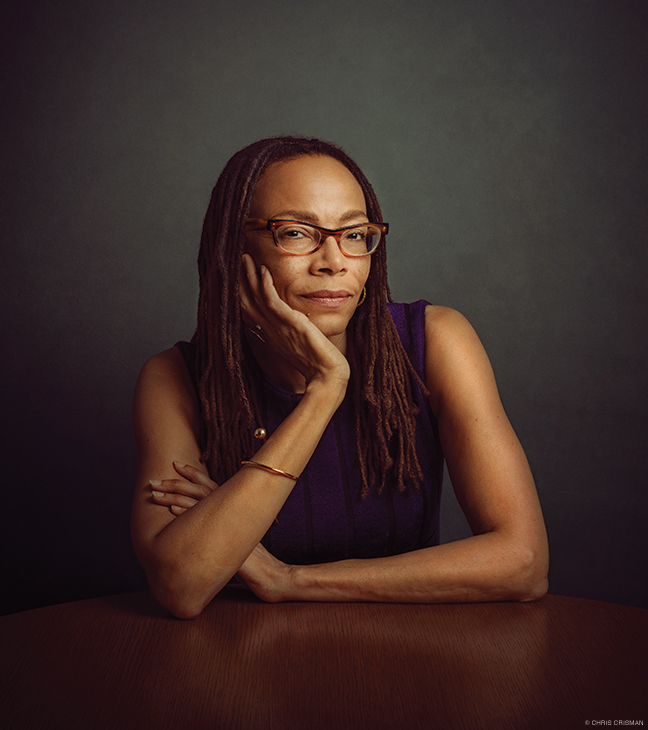What if the Court in the Loving Case Had Declared Race a False Idea?Posted in Articles, History, Law, Media Archive, United States, Virginia on 2017-03-06 19:17Z by Steven |
What if the Court in the Loving Case Had Declared Race a False Idea?
The New York Times
2017-03-06
 Mildred Loving greeting her husband Richard on their front porch in Virginia. Credit Estate of Grey Villet |
Gov. Terry McAuliffe of Virginia struck a resonant historical note last year when he proclaimed June 12 “Loving Day,” in commemoration of Loving v. Virginia, the 1967 Supreme Court decision that invalidated state laws across the country that restricted interracial marriage.
That Virginia would celebrate the decision was symbolically rich, given that Richmond had been the capital of the Confederacy under Jefferson Davis and the seat of a virulently racist legislature that diligently translated white supremacist aspirations into law.
The Loving decision turns 50 this summer, which will give the annual festivals, picnics and house parties held in its honor a special gravity. But the recent re-emergence of white supremacist ideology in political discourse lends an inescapably political cast to this celebration of interracialism.
As this drama unfolds, historians and legal scholars are criticizing aspects of the Loving decision, including the court’s failure to repudiate the myth of white racial “purity” upon which Virginia’s statute was based…
Read the entire article here.

